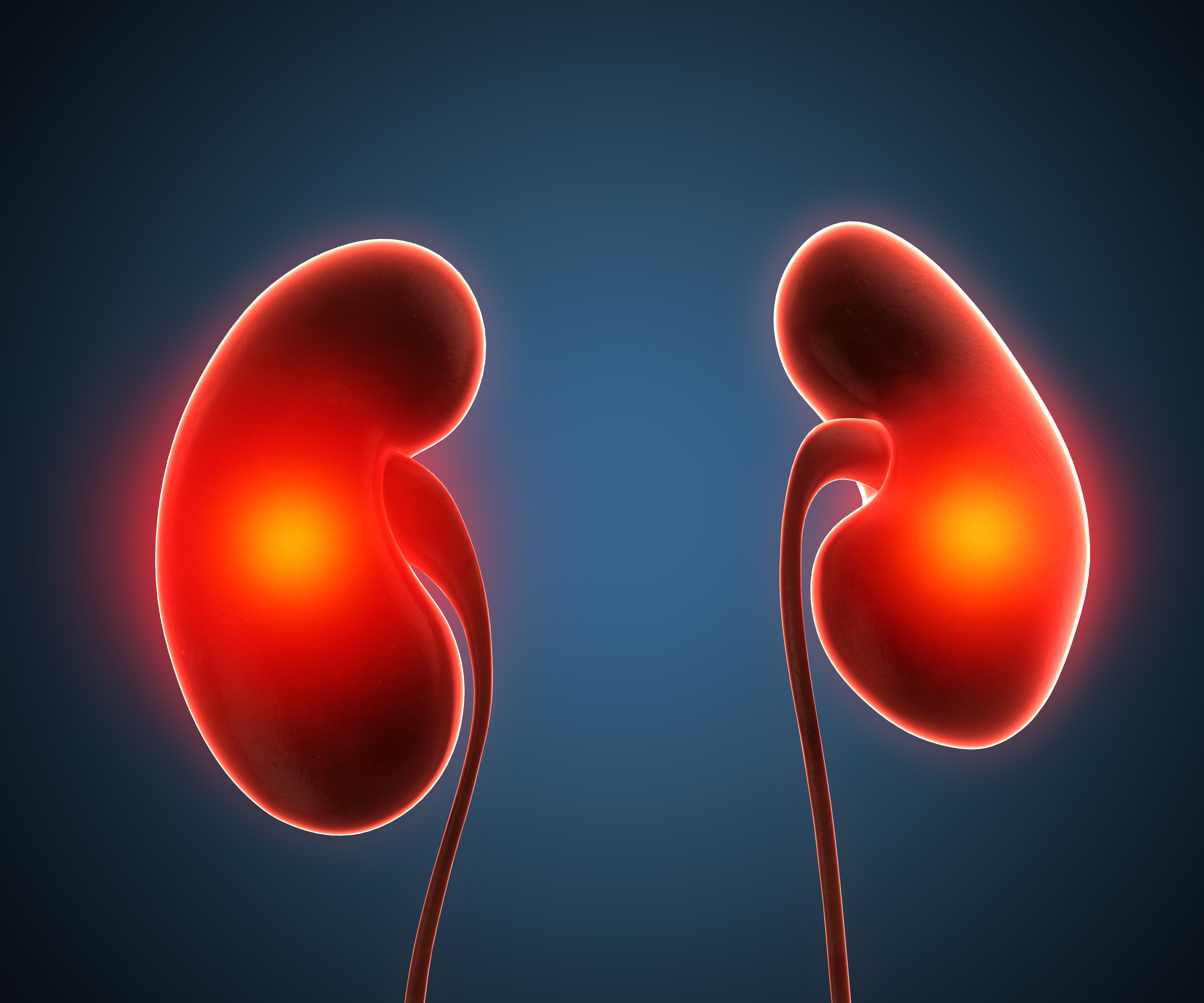News
Article
Meta-Analysis Confirms Efficacy of Small Molecules for Psoriatic Arthritis
Author(s):
Small molecule drugs may help fill gaps in treatment with biologic therapies.
Ya-Chu Tsai
Credit: Far Eastern Memorial Hospital, Taiwan

Four small molecule drugs, apremilast, deucravacitinib, tofacitinib, and upadacitinib, exhibited superior efficacy and comparable safety to placebo in patients with active psoriatic arthritis (PsA) in a recent meta-analysis, with deucravacitinib and upadacitinib showing modest superiority over the others.1
The meta-analysis, led by primary investigator Ya-Chu Tsai, Department of Dermatology, Far Eastern Memorial Hospital, Taiwan, analyzed data from 9 randomized controlled trials (RCTs) in a total of 3699 patients evaluating the 4 small molecule drugs.
“Network meta-analysis (NMA) becomes necessary to integrate both direct and indirect comparisons, providing evidence-based decision-making for clinical applications. While there have been several NMA articles discussing the therapeutic effects of targeted immunotherapies on PsA, most of them have primarily focused on biologic drugs, lacking a comprehensive report on small molecule medications,” Tsai and colleagues wrote.1
The investigators found that apremilast 30 mg bid, deucravacitinib 6 mg and 12 mg qd, tofacitinib 5 mg bid, and upadacitinib 15 mg qd were all superior to placebo in achieving American College of Rheumatology (ACR) 20/50/70 responses, Psoriasis Area and Severity Index (PASI) 75, and Health Assessment Questionnaire-Disability Index (HAQ-DI) scores at weeks 12–16.
Upadacitinib and deucravacitinib had a slight edge over the other small molecules, with upadacitinib achieving borderline superiority in PASI 75 over adalimumab at week 12 (risk ratio [RR], 1.20 [95% CI, 1.02–1.40]) and deucravacitinib yielding significantly better HAQ-DI scores compared to apremilast (RR, −0.16 [95% CI, −0.29 to −0.02]). There were no other significant differences observed in any parameters between the 4 small molecules or compared to adalimumab.1
“The efficacy of all four small molecule drugs in treating PsA was superior to placebo over 12–16 weeks, and their effectiveness was comparable to adalimumab. In addition, the risk difference for SAEs within 24 weeks showed no significant difference between the small molecule drugs, placebo, and adalimumab. When considering ACR 50/70, PASI 75, and HAQ-DI simultaneously, upadacitinib 15 mg QD and deucravacitinib 12 mg QD consistently ranked in the top 2,” Tsai and colleagues concluded.1
One such recent comparator study evaluating biologics for PsA was led by Philip J Mease, MD, Clinical Professor, University of Washington School of Medicine and Director, Rheumatology Research, Swedish Medical Center, and focused on bimekizumab, ustekinumab, and risankizumab in patients who were biologic disease-modifying anti-rheumatic drug naïve or with a previous inadequate response or an intolerance to tumor necrosis factor inhibitors and their effects on ACR 20, 50, and 70 responses and minimal disease activity. Across outcomes and characteristics, they found that bimekizumab was generally more efficacious than both ustekinumab and risankizumab.2
“We now have a bevy of medications to choose from for treating PsA and AxSpA. In the absence of head-to-head trials, which are the best way of comparing one drug to another, we end up needing to use other methods of statistical analysis to help us determine whether or not one drug is either equally efficacious or perhaps even more efficacious than another, in the treatment of these diseases,” Mease told HCPLive®.
REFERENCES
Tsai YC, Hung CY, Tsai TF. Efficacy and safety of small molecule oral medications for psoriatic arthritis: a network meta-analysis of randomized controlled trials. Thera Adv Musculoskelet Dis. 2024;16. doi:10.1177/1759720X241305459
Mease, P.J., Warren, R.B., Nash, P. et al. Comparative Effectiveness of Bimekizumab and Ustekinumab in Patients with Psoriatic Arthritis at 52 Weeks Assessed Using a Matching-Adjusted Indirect Comparison. Rheumatol Ther. Published online August 9, 2024. doi: 10.1007/s40744-024-00705-x





